Also called “maracuja,” passion fruit comes from the passion flower plant, which is native to South America and Africa, though it now also grows in Australia and Hawaii. A wonderful source of fiber, passion fruit is considered beneficial for digestive health, with recent research showing it may be helpful for patients with asthma.
Passion fruit oil comes from the seeds of the fruit, and is typically yellow to vibrant yellow in color. Because of the nutrients in the oil as well as the fatty acids and antioxidants, it is now used as a natural nourishing moisturizer in skin care, and is particularly beneficial for those with aging, oily, or mature skin.
If you have mature or oily skin, passion fruit oil may help so your beauty can shine through.
A Little Bit About the Ingredient Itself
Scientifically called Passiflora edulis, passionflower is also known as purple granadilla in South Africa. The fruit itself is round to oval, and either yellow or dark purple when ripe, with a soft, juicy interior filled with seeds. The taste is reported to be pleasantly sweet and tart, and is used in juices and fruit preserves.
A climbing vine that grows on things it can grab with its tendrils, passionflower likes well-drained, fertile soils and good moisture. It can reach about 15-20 feet per year, with an average life span of about 5-7 years. Large deep-green leaves provide a dense covering, with stems that are tinged with purples and reds. The vine bears greenish-white fragrant flowers about three inches wide, with a white-petal base and vivid purple streaked and dotted center. About five bright yellow stamens grow up from the middle, while shooting outwards are very fine, whitish “hairs.”
Both the juice/pulp and seed of the fruit is edible, but the fruit has to be ripe first—immature fruits have toxins. The pulp is typically pressed through a strainer and bottled, then often used in combination with other fruit juices, or to make jams, syrups, and butters.
Internal Health Benefits of Passion Fruit
Preliminary research on the passion fruit has yielded a potential for helping some common health ailments:
- Asthma: A 2008 study by Watson and colleagues found that consuming the purple passion fruit peel extract can reduce asthma symptoms. Results showed that those who took the extract experienced a 75 percent reduction in wheezing.
- Osteoarthritis: Patients suffering from osteoarthritis who were given purple passion fruit peel extract experienced reduced pain and stiffness.
Passion fruits have also been used to reduce the feeling of stress, relieve pain, enhance libido, and treat urinary tract infections. Because the fruit is high in fiber (27% daily intake in one fruit), it may also help stabilize digestive issues.
Passion Fruit Oil’s Benefit to the Skin
Passion fruit oil is full of nutrients that are good for skin. Among these are vitamins A and C, essential fatty acids, copper, magnesium, phosphorus, calcium, and carotenoids. When all these goodies work together, here’s what you get:
- Protection: As mentioned above, passion fruit helps protect against environmental stressors.
- Anti-aging: Because of the high vitamin C and antioxidant content, passion fruit oil helps keep skin looking firm and youthful.
- Rejuvenating: Passion fruit oil is also a great source of vitamin A in the form of carotenoids, which helps reduce the appearance of fine lines and wrinkles.
- Plumping: A high content of fatty acids like linoleic and oleic acids keep your skin smooth and plump looking while helping reduce the appearance of fine lines.
- Hydrating: This oil is light and non-greasy, and the skin drinks it up quick. It’s the perfect moisturizer for all skin types, and works well for oily skin as well because of its non-clogging moisturizing action.
Try It!
I added passion fruit oil to both of these products, where it helps moisturize, protect, and rejuvenate your look all at once, while also balancing oil for those with oily skin.
Do you like passion fruits? Do you use them for other health reasons? Please share your experiences.
* * *
Sources
Dr. Susan S. Percival, “Tropical Fruits—Passion Fruit (Passiflora edulis),” University of Florida, http://fshn.ifas.ufl.edu/faculty/SSPercival/Percival_Lab_Site/tropical-fruit-passion-fruit.shtml.
Watson RR, et al., “Oral administration of the purple passion fruit peel extract reduces wheeze and cough and improves shortness of breath in adults with asthma.,” Nutr Res. 2008 Mar;28(3):166-71, http://www.ncbi.nlm.nih.gov/pubmed/19083404.
Farid R, “Oral intake of purple passion fruit peel extract reduces pain and stiffness and improves physical function in adult patients with knee osteoarthritis.,” Nutr Res. 2010 Sep;30(9):601-6, http://www.ncbi.nlm.nih.gov/pubmed/20934601.
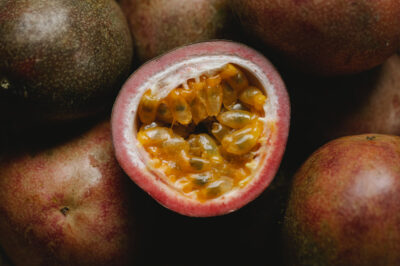

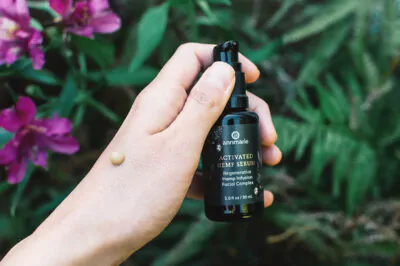
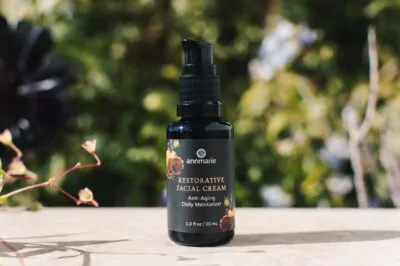
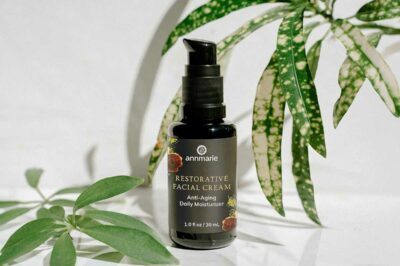

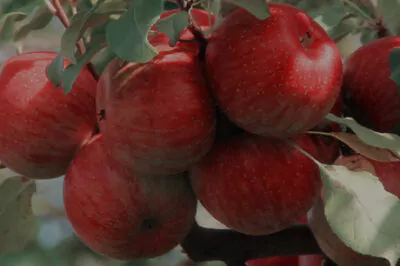
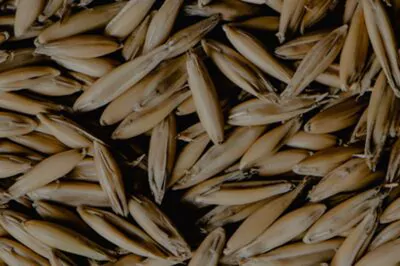
Would love to know where I could buy pure passion flower essential oil by itself.
Hi Erika,
I don’t know exactly where to get the essential oil you’re looking for but a great place to start is with companies like Mountain Rose Herbs or Eden Botanicals 🙂
Passion fruit (including flower) good for nourish and glowing the skin 🙂